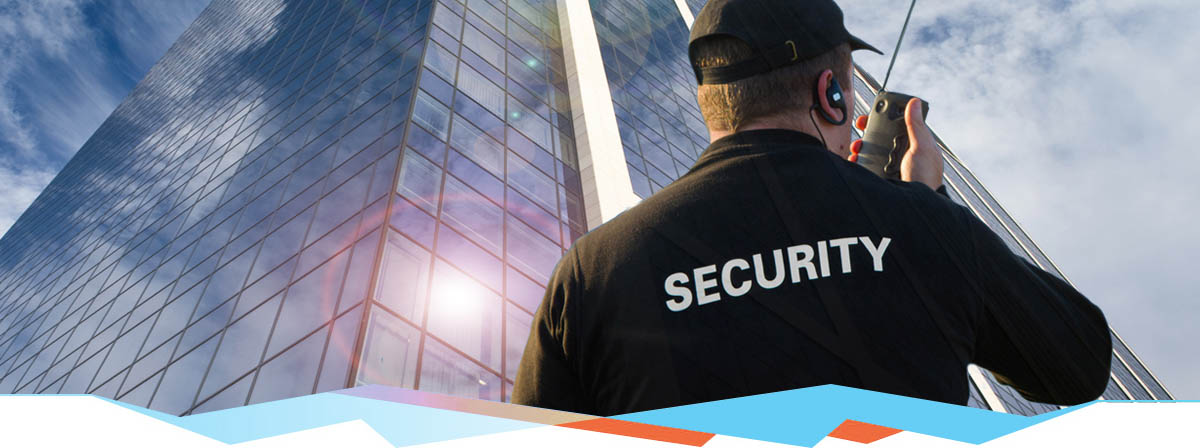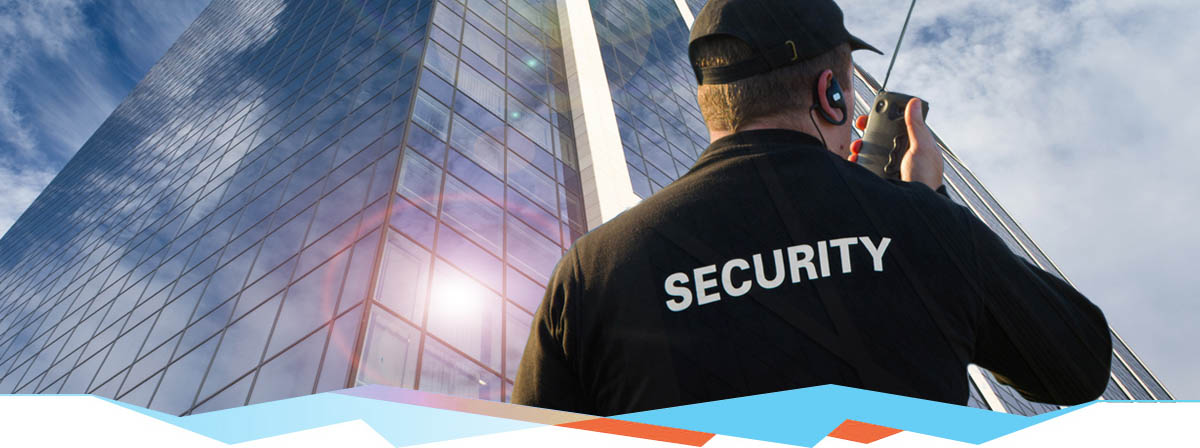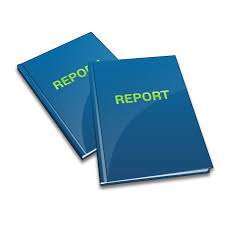Security operations center processes and procedures

RECORDING
Department: Security
Job Category: Security Guard
Standard: To record and report incidents completely and accurately
- The Security Team is issued with logbooks at the designated positions:
-
Patrol Logbook ;
-
Main Lobby Post Logbook, (kept at the main lobby);
-
Visitors Logbook, (kept at the main lobby);
-
Parcels & Packages Logbooks, (kept at the main lobby);
-
Good Delivery & Dispatch Logbook (kept at the car park lot);
-
Car park Lot Logbook, (kept at the car park lot);
-
Sub-contractor Logbook (kept at the car park lot);
-
Vehicles Flow Logbook (kept at the car park lot);
-
Camera Logbook (kept in the CCTV Room);
-
Telephone call Logbook (kept in the CCTV Room).
- All events, usual / unusual occurrences and or incidents are to be recorded accurately and completely into the logbooks.
- Logbooks must be kept in the Security Office when the Security Guards go off duty.
- The logbooks must have the foll:
(a) Name of security guard on duty;
(b) Entries must be made in ink;
(c) Pages are to be numbered;
(d) No pages are to be torn out.
- Incorrect entries must be neatly crossed out and initialed. A fresh entry is then made.
- Loss of the logbooks must be reported immediately.
- The Security Team Leaders must view the logbooks daily.
PACKAGE GATE PASS
- All company’s properties leaving the building must be accompanied by a Package Gate Pass.
- If in doubt, Security Guard must refer the matter to the Security Team Leaders. If need be, the Building Manager will be informed to clarify with the issuer (Department Manager).
- Collect the Package Pass and keep it in file.
- The package pass is considered invalid under the foll:
(a) What is written on it does not tally with the physical item.
(b) The package pass is altered or defaced.
- If foul play has been discovered, the employee must be detained and an investigation conducted. The item must be confiscated to serve as proof.
KEYS FOUND IN DOOR SLOT
- Keep the key in safe custody.
- If the key is found in the office’s doors, inform the tenant immediately. Return the key personally to the building users / tenant and ask them to check if there’s anything missing from their office.
- If the building users are not in, report the incident to the Security Team Leader. Lock the door after ensuring that the office is in-order.
- Hand the key over to the FM who will then contact the building users.
- Make a report on the incident.
ENTRY OF POLICE AND MEDICAL PERSONNEL / VEHICLES INTO THE UVN HOMEBASE
- Local police authorities / medical personnel and vehicles are to enter the property in a discreet manner ie without siren etc. These vehicles are to be parked in designated spots – whenever practical.
- All police and / or medical personnel are to be accompanied by security personnel.
- Only the FM authorities are allowed to deal with the police authorities. Police personnel must present identification eg ID.
- No staff member communicates information to the police / medical personnel / press. The only communication will be through the FM authorities.
- Under no circumstances will the local police authorities be allowed to enter the working zones – unless a warrant of arrest has been issued. In any case, the FM and authorities must be informed prior to arrest.
MONITORING OF CCTV
- To monitor the CCTV screens consistently – looking out for irregularities
- To report and investigate suspicious characters loitering in the property or its perimeter.
- To check for functionality of the CCTV cameras. To report all mis -functions to the Engineering department Immediately.
- Ensure that all CCTV recordings are properly stored and handled. These recordings are to be kept for a period of 60 days
MANNING THE MAIN LOBBY
- To greet all building users / visitors / guests with a smile.
- Clear beggars / bikes / loitering people away from the front of office lobby.
- To provide appropriate information and assistance to tenants and visitors.
- Ensure that all staff / contractors / delivery persons do not use this entrance.
- Coordinate traffic flow to minimize ‘bottlenecks’.
- Ensure that drivers of cars (parking in the driveway) is within calling distance.
- To observe the general view of the area – giving an organized and secured impression.
- Check to see that no dangerous items are brought into the property.
- To record all irregularities and incidents in the log books.
PATROLLING
- Sign out and check for equipment readiness (walkie-talkie / torchlight).
- To patrol according to established route / time / frequency.
- To carefully-check the perimeter of the property watching and checking in particular for signs of intrusion / trespassers / acts of vandalism.
- Security guards are unusual signs (unlocked doors and windows / unattended items etc).
- To look out for faulty equipment (burnt-out lights / leaking water pipes etc).
- To check common areas (lobby, pavements around the building, toilets, exit staircases, etc) and Mechanical & Electrical plant room for signs of intrusion or mischief.
- To check that fire-fighting equipments (fire extinguisher / fire hose) are in working condition and have not been removed or tampered with.
- To make a record of details of the patrol and report on unusual incidents etc.
CONTRACTOR ACCESS
- Security guard will enquire the intent of the Contractor at the back Gate. They are not allowed to enter by the main gate – unless under special circumstances.
- All the contractors must exchange their ID for a Contractor Pass.
- The following particulars are to be recorded in the Contractor logbook:
(a) Name of Contractor
(b) Number of workers
(c) ID
(d) Date and Time In
(e) Nature of Work
(f) Location of where the work is carried out
- A check must be made to ensure that no dangerous weapons (unless those related to the work to be done) are brought into the property.
- The Security Guard will then contact the respective departments for verification.
- If the answer is positive, Security Guard / Security Supervisor will accompany the contractors to the ‘work area’.
- Unauthorized work must not be permitted and stopped at once.
- The contractor’s movement will be monitored at all times either by a staff member (Security or respective department).
- The contractors will be escorted out of the property. This is to ensure that the chances for mischief are reduced to a minimum.
- The contractors are not allowed to distribute flyers or any form of advertisement in the property.
BUILDING USERS / VISITOR VEHICLE ACCESS
- Security Guards are to recognize the tenant appearance / car plate number / made of car.
- All visitor’s car plate number must be recorded.
- Guards on patrol are to monitor the movement of the visitors’ cars discreetly.
- Ask the visitors to register.
- Visitors’ cars (parking overnight) must be reported.
- Ensure that drivers do not park at the driveway or pose as an obstacle to traffic flow. Ensure that drivers are within a stone’s throw should their vehicles be parked along the roads.
HANDLING OF WALKIE-TALKIE
- All designated staff must carry the walkie-talkie on them while on duty.
- To sign in / out for the walkie-talkie.
- To be able to do the following when using the equipment:
(a) Speak clearly with a proper rhythm – divide the message into sensible phrases,
(b) Speak at a speed that is slower than what you will use in normal conversation.
(c) Speak at a normal volume – refrain from shouting and joking over the walkie-talkie.
- To be knowledge of the established code words. For example:
-
Code Red: Fire
-
Code Green: Robbery
-
Code Orange: Bomb Threat
- Security personnel will be responsible for damages inflicted on the walkie-talkie.
Related contents

General regulations for all building security guards department staff

Bài báo cáo thu hoạch khảo sát tòa nhà văn phòng, chung cư


